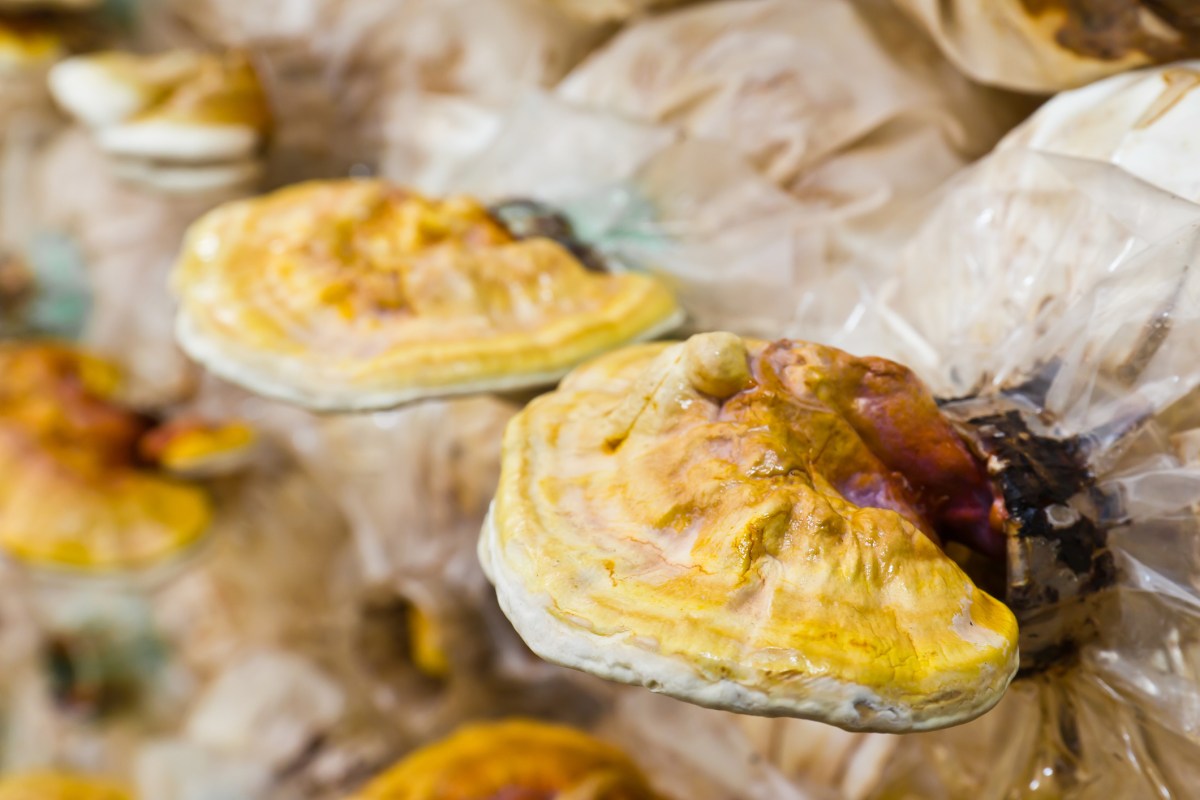Infinite Roots (IR), formerly Mushlabs, is a German biotech company which has been plying the furrow of Mycelium, the material coming from fungi which has been hailed as something of an answer to everything from food to building materials. In a significant move for both it and what passes for the nascent Mycelium startup sector, […]
© 2023 TechCrunch. All rights reserved. For personal use only.
Infinite Roots (IR), formerly Mushlabs, is a German biotech company which has been plying the furrow of Mycelium, the material coming from fungi which has been hailed as something of an answer to everything from food to building materials. In a significant move for both it and what passes for the nascent Mycelium startup sector, IR has now closed a $58 million Series B funding round, making it one of the largest investments in the technology in Europe to date.
The round was led by Dr. Hans Riegel Holding (HRH), better known as one of the two holding companies of the confectionery group Haribo (who hasn’t eaten a Haribo?!). Also supporting the round was the Europe Investment Council fund (which makes direct equity investments in European startups),
REWE Group (a German tourism conglomerate) and Betagro Ventures from Hong Kong.
Existing investors, including Clay Capital, FoodLabs, Redalpine, Simon Capital and Happiness Capital also participated. Prior to this round IR had raised a Series A of $10 million.
The company said it plans to use the new round to switch into commercial growth, expand its production capacities, and invest in launch activities.
Dr. Mazen Rizk, Founder and CEO of Infinite Roots, told me the firm was “in a unique position to define a new era of mushroom mycelium-based products.”
Mycelium, essentially the “roots” of mushrooms, is the non-reproductive part of fungi. Fungi use mycelium to secrete enzymes that break down the food around them and absorb nutrients. It means, ultimately, that it can be turned into a variety of products, from cloth and even to construction materials.
Now, it’s not all going to be plain sailing. IR has a handful of well-funded competitors.
Meati in the US has raised $274.5M to date. Nature’s Fynd has raised $509.6 million. Myco Technology has raised $207.6M. Enough in the UK has raised $121.7M. And then there is Quorn, made by Marlow Foods, the godfather of fermentation and more or less a household name, which is working on mushroom and Mycelium products.
And only this month Biomaterials company Sqim, formerly known as Mogu SRL, closed a $12 million funding round from CDP Venture Capital and others for its industrial mycelium-based technologies.
Using fermentation, Sqim is aiming at two verticals: wall, floor, and acoustic treatment products, and animal-free alternatives for luxury fashion and automotive industries.
That said, Rizk told me the Series B round was generated because of the scaling up of the technology that the company has been able to do.
“We’re taking a two-fold approach,” he said. “One is we’re following an asset-light approach to our facility where we are working with existing facilities to produce our ingredients. That way we do not need to invest heavily into capex. The other thing is we are working with one of the bigger breweries in Germany to refurbish parts of the brewery and do our own production space, which means using brewery capacity and using the waste that comes from breweries as our production hub.”
He said that excited a lot of his investors, plus they have a few more ideas: “We don’t want to mimic meat. We don’t want to create only meat alternatives. We want to create products based on Hey, they’re tasty and they’re healthy.”
Whatever the case, it’s quickly becoming apparent that having access to industrial-scale facilities is increasingly going to be the way forward for these Mycelian companies.
For instance, last year Meati Foods moved into full-scale production of its mycelium-based whole-food protein, launching a “Mega Ranch,” in Colorado financed in part by a $150 million Series C round and an extension round of $22 million. The facility will aim to produce more than 45 million pounds of product.
It’s therefore significant for Infinite Roots that it has signed up an industrial partner for its next phase.

Leave a Reply